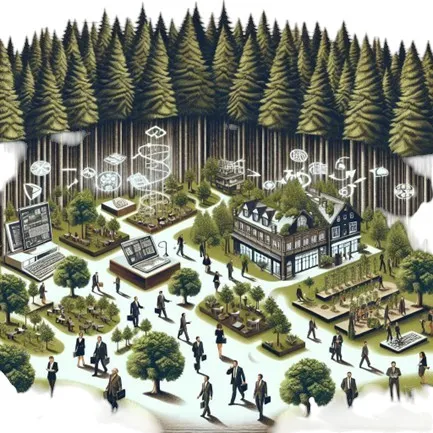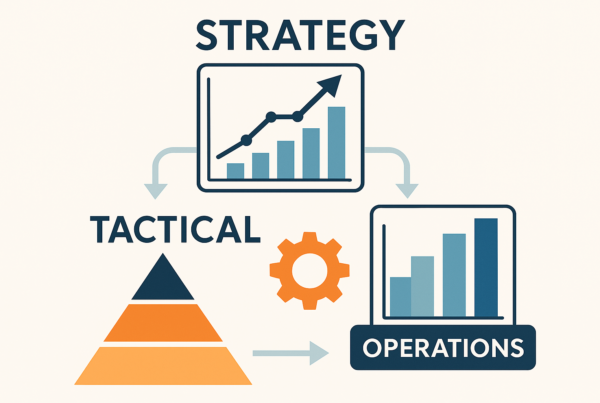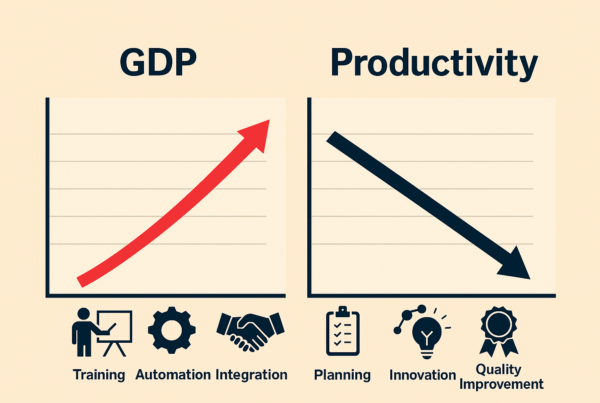The 18th-century forestry philosophy, known for its systematic and sustainable approach to forest management, offers valuable lessons for modern business practices. This philosophy, rooted in sustainability, order, and scientific methods, can be effectively applied to business through the lens of systems thinking. This is even more critical now given the Tariff’s currently on the table. Here’s how:
Sustainability and Long-Term Planning
In forestry, sustainability meant ensuring that the amount of timber harvested did not exceed the forest’s natural growth. Similarly, businesses can adopt sustainable practices by focusing on long-term goals rather than short-term gains. This involves efficient resource management and strategic planning that considers future market trends, environmental impacts, and resource availability.
Order and Efficiency
Foresters managed forests with a high degree of order and efficiency, planting trees in rows and dividing forests into sections. Businesses can enhance efficiency by optimizing processes to reduce waste and improve productivity, and by creating clear organizational structures and workflows to ensure smooth operations.
Scientific Methods and Data-Driven Decisions
The use of scientific methods and detailed record-keeping in forestry can be mirrored in business through data analytics and continuous improvement. Leveraging data helps make informed decisions, predict trends, and measure performance, while feedback loops allow for continuous assessment and improvement of business processes.
Holistic Management and Systems Thinking
Foresters viewed the forest as an interconnected system, considering all elements of the ecosystem. Businesses can adopt a similar holistic approach by encouraging interdepartmental collaboration and considering the impact of decisions on all stakeholders, including employees, customers, suppliers, and the community.
Linking Systems Thinking to Business Success
Systems thinking, a core principle of the German forestry philosophy, is crucial for modern businesses. It involves viewing the organization as a complex system of interconnected parts, which can lead to more effective problem-solving and strategic planning. By adopting systems thinking, businesses can:
- Identify Patterns and Relationships: Understand how different elements of the business interact and influence each other.
- Anticipate Consequences: Predict the ripple effects of decisions and actions across the organization.
- Develop Sustainable Solutions: Create solutions that address root causes rather than just symptoms, leading to long-term success.
Incorporating these principles can help businesses navigate complexity, enhance resilience, and achieve sustainable growth. By learning from the past and applying these timeless principles, modern businesses can build a more sustainable and prosperous future.
Let’s Take Your Business Further. Ask me how.
Dr Kenneth Moodley LinkedIn





